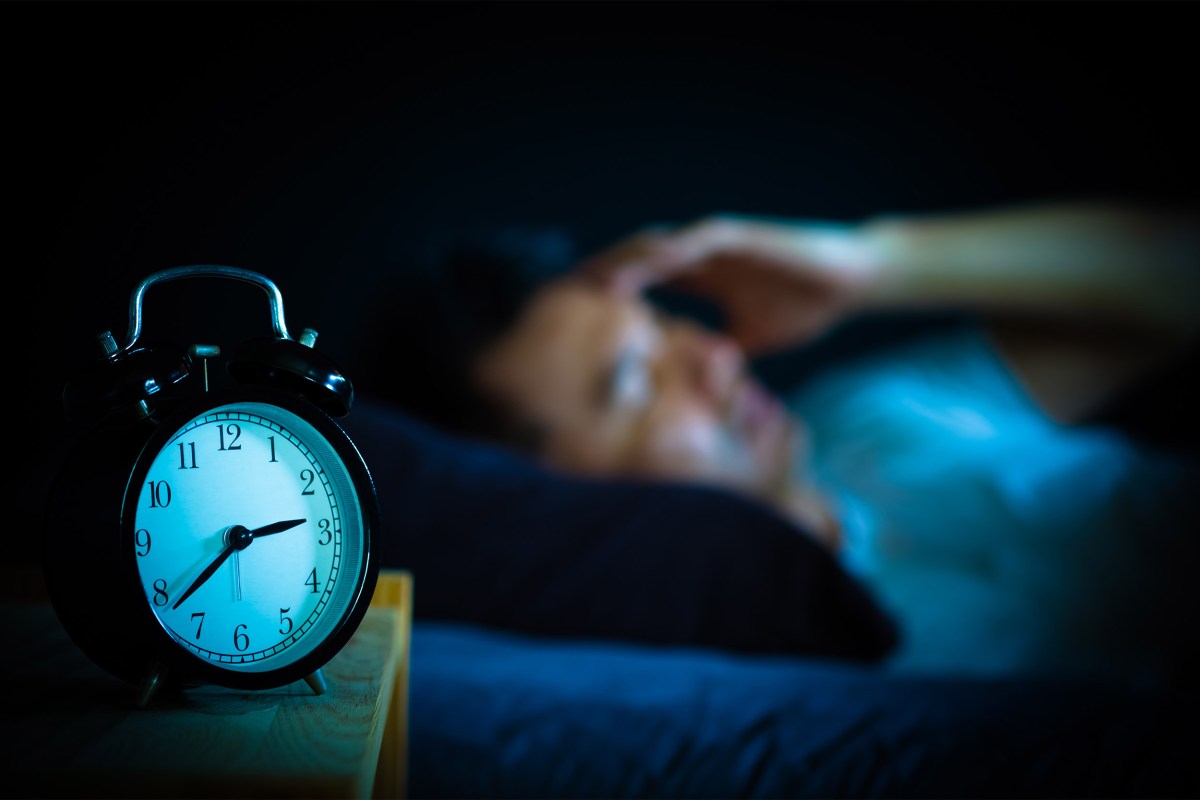Temporary insomnia can be characterized by poor sleep quality that can last from a night to several weeks. Not getting proper sleep has many disadvantages, and people who have insomnia know all too well the discomfort of waking up frequently, feeling restless in bed, and not falling asleep at all. In this blog post, Dr. Lisa M. Cannon shares a few tips to avoid insomnia.

Exercise. Some experts believe that working out at around 6 in the evening can get one in bed at the right time, as compared to exercising too close to bedtime. Regardless of whether one works out in the morning or evening, regular exercise helps regulate sleep and wake times. If possible, skip naps. While taking a nap in the middle of the day can be tempting, an afternoon shuteye can prevent one from falling asleep early at night.
Make dinner light. Eating heavy at night can throw one off their sleep schedule or disrupt their sleep. Take work outside the bedroom. Mixing activities in the bedroom can be confusing to the brain as it may associate the bed for work instead of sleep.

Stay off caffeine, alcohol, and nicotine hours before going to bed. These three can disrupt sleep, which can lead to insomnia or worsen it. Remember to wind down to get the body to sleep mode. Spending at least an hour to relax by reading, listening to music, or meditating before hitting the sack can help the body get to sleep easily.
Dr. Lisa M. Cannon obtained her medical degree from New York College of Medicine and her fellowship in pulmonary disease, critical care, and sleep medicine from Mount Sinai Hospital. For more updates, visit this page.

